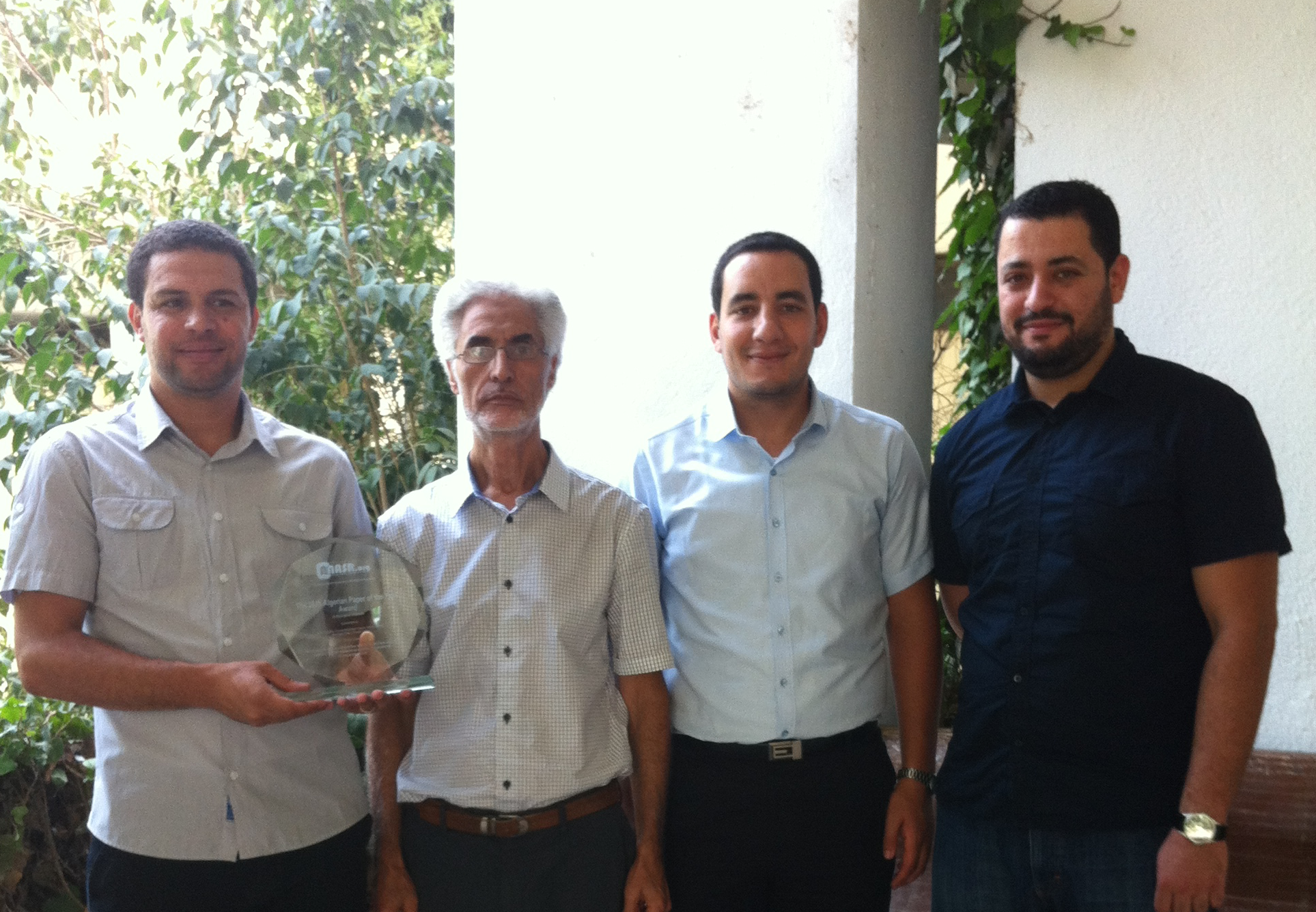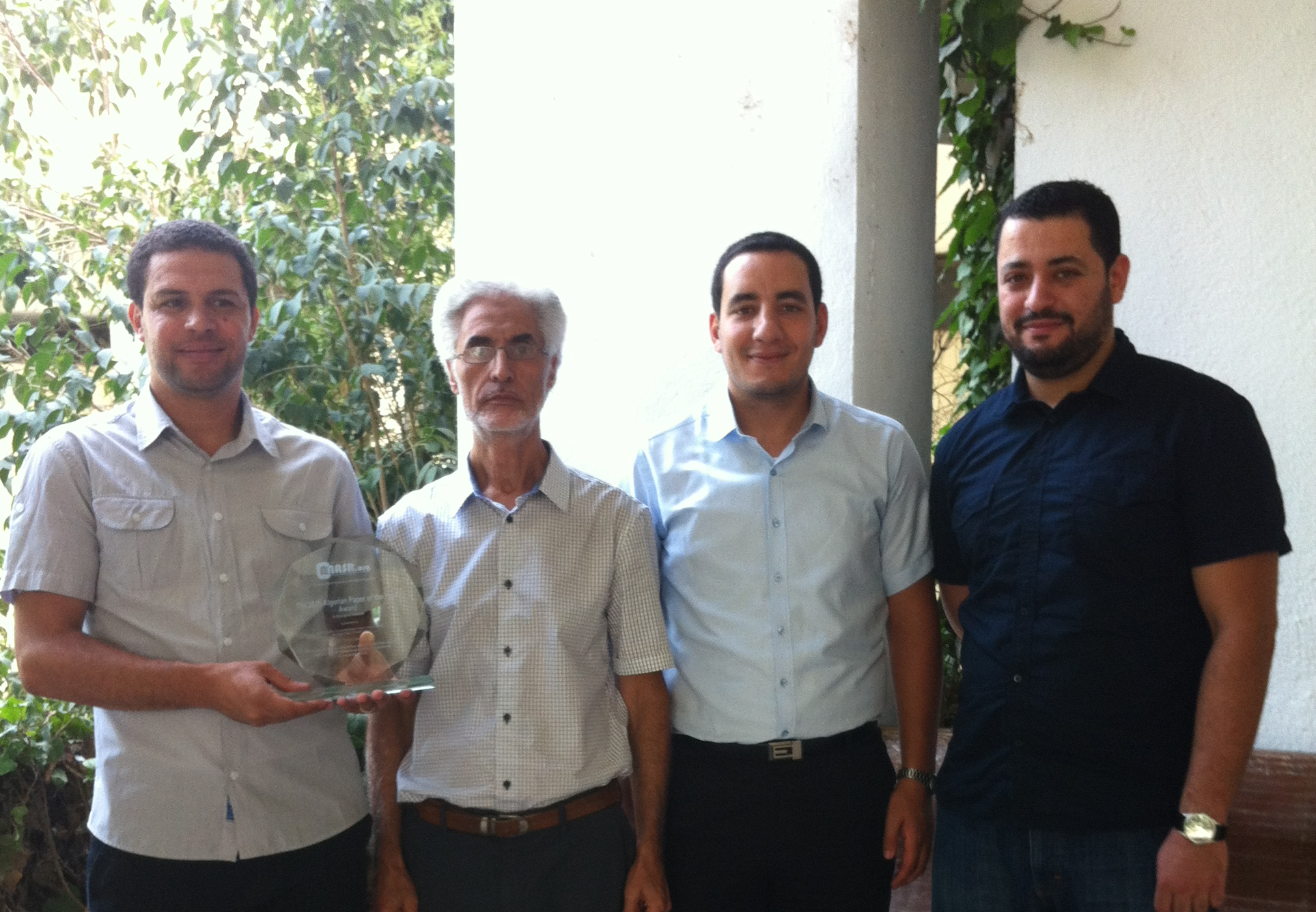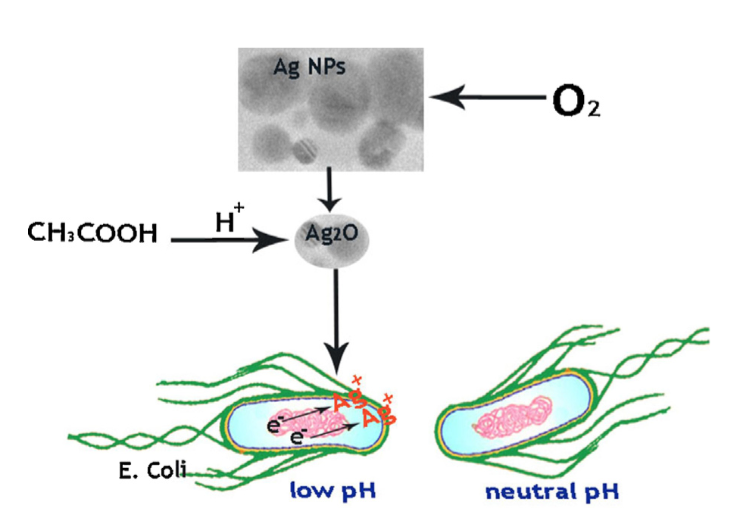Interview | Winners of the 2015 Algerian Paper of the Year in Biological Sciences
Inspire Magazine speaks with Dr Sofian Sedira from the Ceramic Laboratory at the University of Constantine 1 and lead author of the paper entitled: “Silver nanoparticles in combination with acetic acid and zinc oxide quantum dots for antibacterial activities improvement—A comparative study”, and which won the 2015 Algerian Paper of the Year Award in Biological Science.
Inspire Magazine: Thank you for speaking to Inspire Magazine, and many congratulations for winning the 2015 Algerian Paper of the Year Award in Biological Sciences. How do you feel about winning this award?
Sofian Sedira: We are very happy to have won this award and we would like to take this opportunity to thank you for your hard work in making this initiative work. We hope that your hard work will continue to encourage and further promote scientific research.
IM: Can you tell us what your award winning paper is about in simple terms?
SS: Due to their remarkable antibacterial/antivirus properties, silver nanoparticles (Ag NPs) and zinc oxide quantum dots (ZnO Qds) have been extensively studied by many research groups and thus, widely used in the antimicrobial field. Our research has taken a unique approach by investigating the addition of acetic acid, an acid rich in proton (H+), to the silver nanoparticles. This was achievable due to the nanometric size of silver particles which contribute to a high surface area, allowing for greater interaction rates. The H+ protons of the acetic acid lead to an increase in silver ions (Ag+) which is the responsible agent for killing the bacteria.
IM: Why is this an important problem to address?
SS: Bacterial infections lead to significant increase in mortality, morbidity and cost of prolonged treatments and hospital stay. In addition, bacteria are becoming increasingly resistant to current treatment, thus it is of paramount importance that new, effective antimicrobial compounds with bactericidal potential against bacteria are investigated and developed. Ag NPs have remarkable antibacterial/antivirus properties and widely used. By enhancing their bactericidal properties using simple, low cost and non-toxic methods can potentially contribute to the field of anti-infective therapy.
IM: What is the exact contribution(s) of the paper to your field of research and how does it compare to other approaches that exist in the literature?
SS: Although my background is as a physicist, my PhD thesis was in the area of nanoparticles. It was titled “Nanostructures study and synthesis for biomedical and environmental applications: cases of Ag and ZnO nanoparticles and C-TiN thin films”. This was the start of my interest in the area of biological sciences and allowed me to gain the basic foundation to later contribute to the field of nanotechnology. There exists a great deal of research on Ag nanoparticles in antibacterial activity; however, I found little existing research using the addition of acetic acid to the Ag nanoparticles to enhance their bactericidal activity.
IM: What kind of support, if any, have you received to help you accomplish this work?
SS: FEI (Holland) assisted us with Transmission electron microscopy (TEM) analysis and Horiba Jobin Yvon (France) assisted us with Atomic-force microscopy (AFM) observations. In addition, we were able to adopt some work from theses found at the university in order to assist our research.
IM: How did you get into this particular research and where does it fit in relation to other work conducted in your research lab or institution?
SS: For me personally, nanoparticles have been a special interest of mine since my PhD. For my group, it was an exciting time for us to collaborate with various other research groups in our laboratory “material physics”. What made it even more exciting was that we were given the opportunity to collaborate with a neighboring biologic lab “Microbiological Laboratory Engineering and Application” which facilitated much of the biologic tests and we take the opportunity to thank them infinitely.
IM: What is your take on the state of this type of research in Algeria? And how do you see it progressing in the future?
SS: The past decade has seen the state increase funding and effort to evolve scientific research. However, we do believe that there exists some deficiencies that must be addressed in order to advance research in Algeria.
IM: Thank you again for speaking to Inspire Magazine, and all the best for your future endeavours.
SS: Thank you very much for giving us the opportunity to be part of an exciting, innovative initiative and thank you for giving us the chance to share with you our work and research.
1 Comment so far
Event Report | The 2015 Algerian Paper of the Year Awards | Inspire MagazinePosted on 4:42 pm - Jan 5, 2016
[…] Here is the interview with Dr Sofiane Sedira […]



About the Author